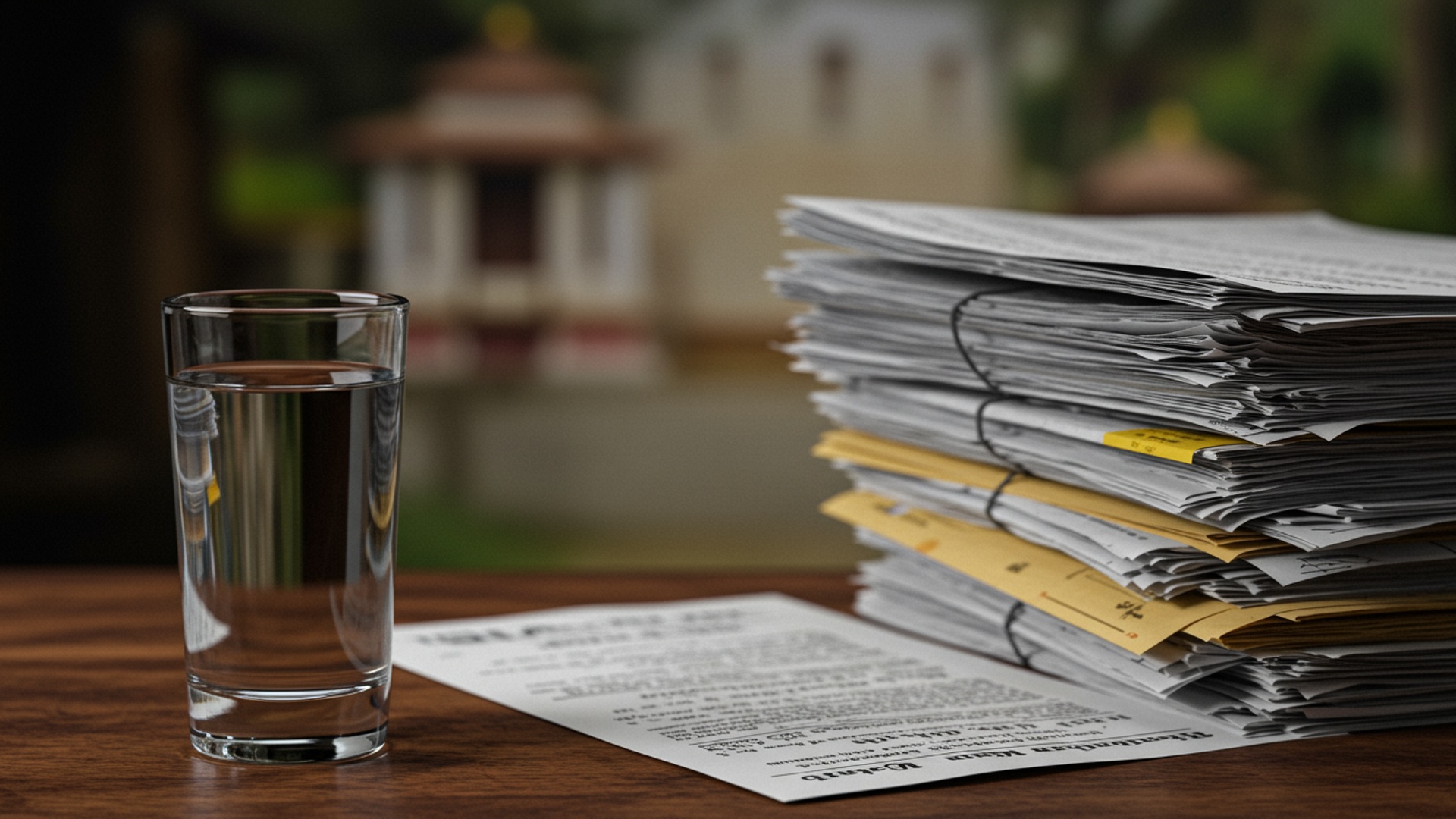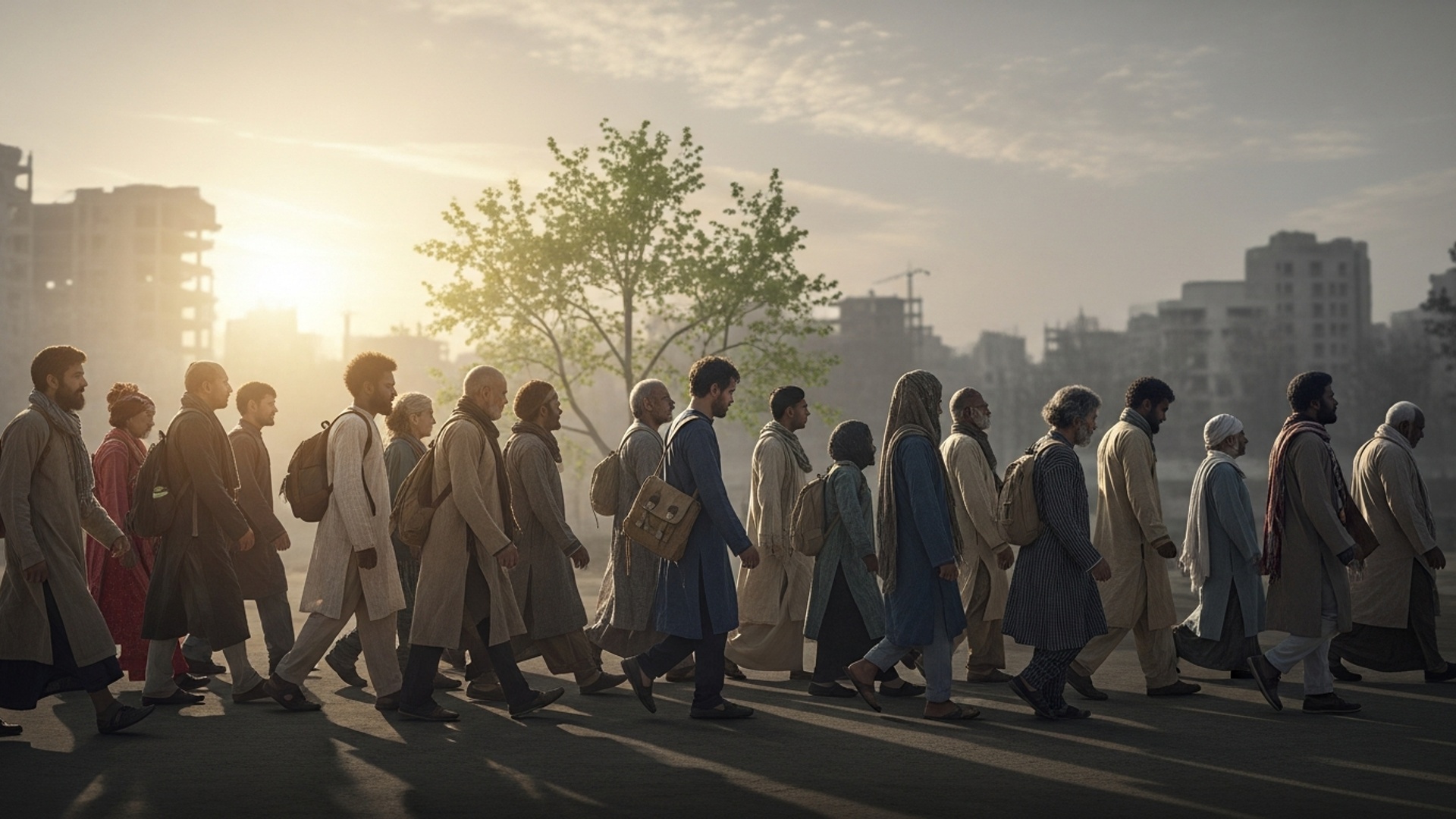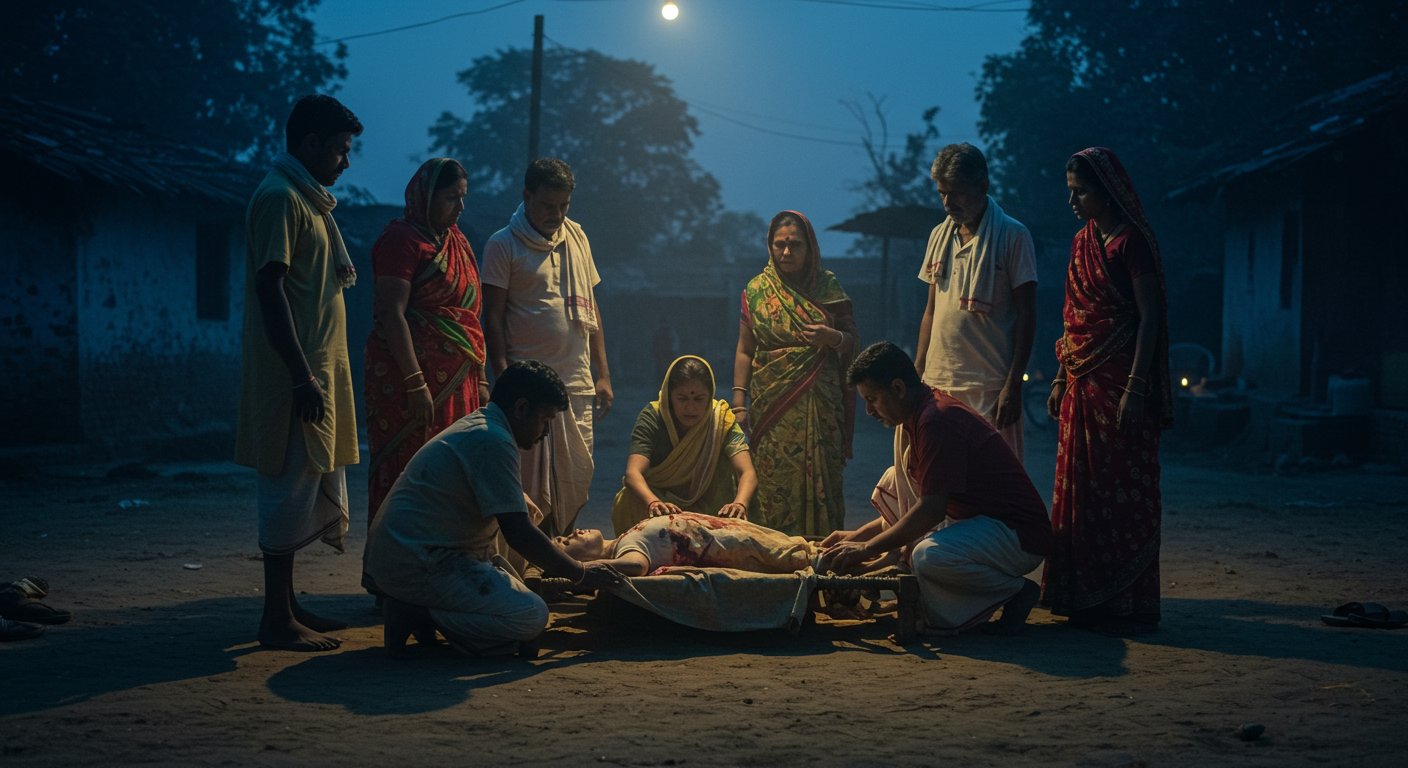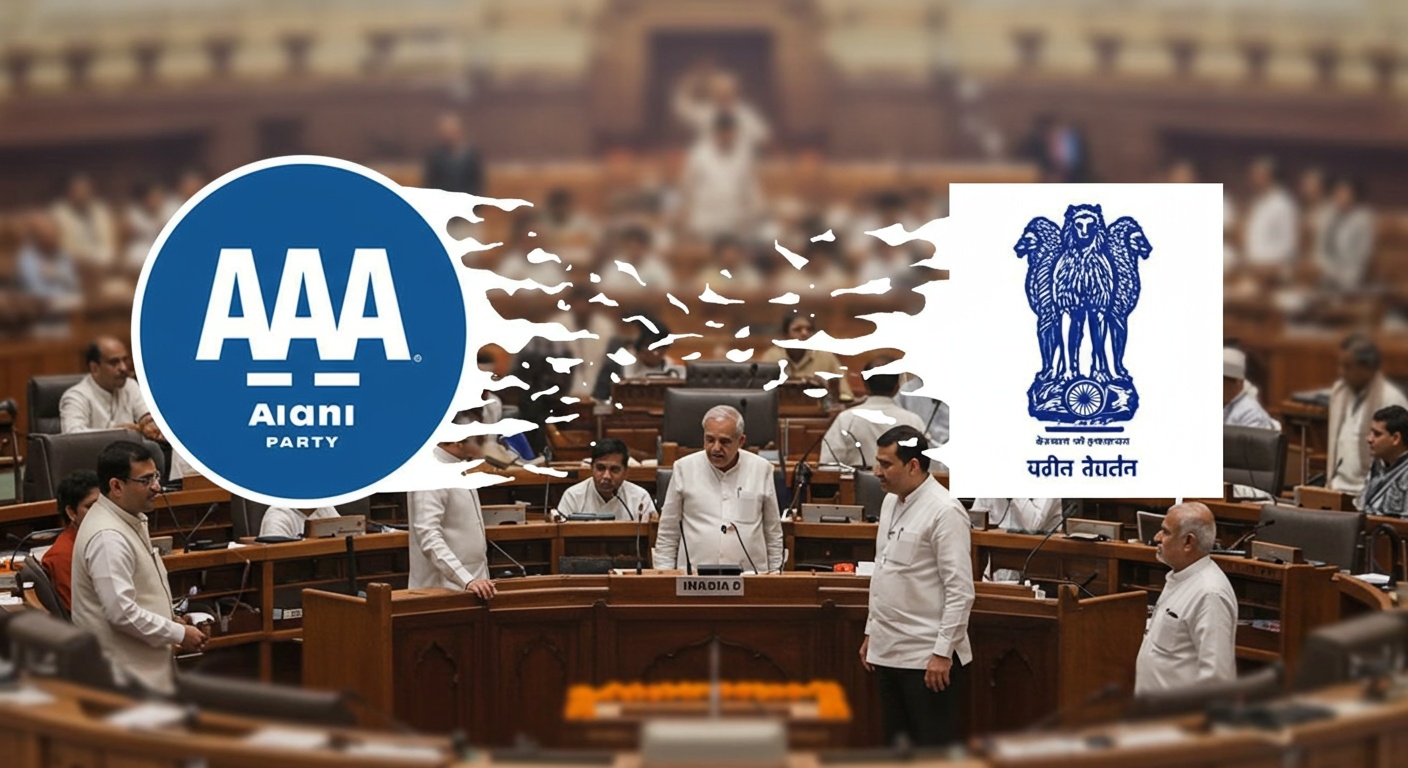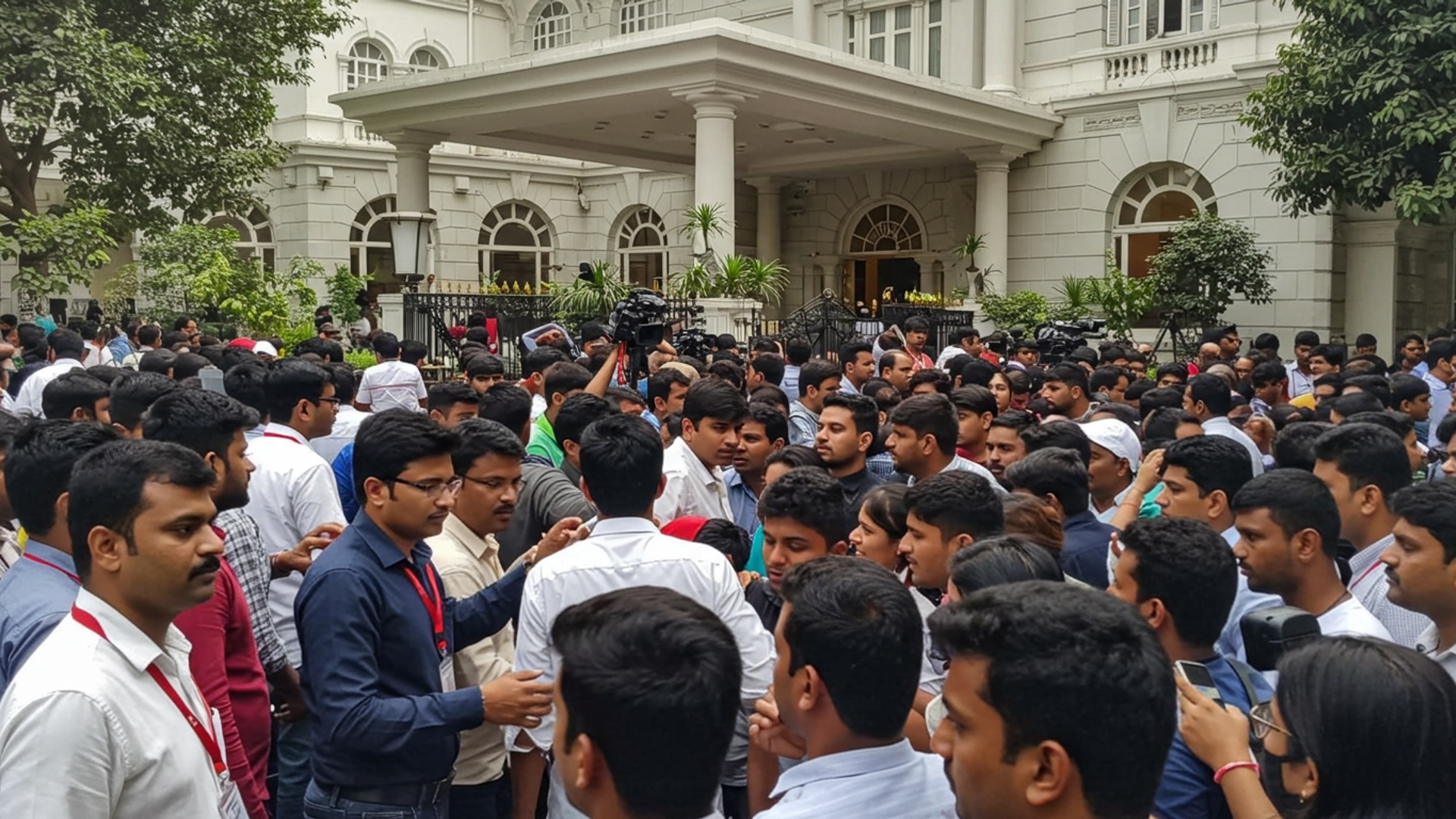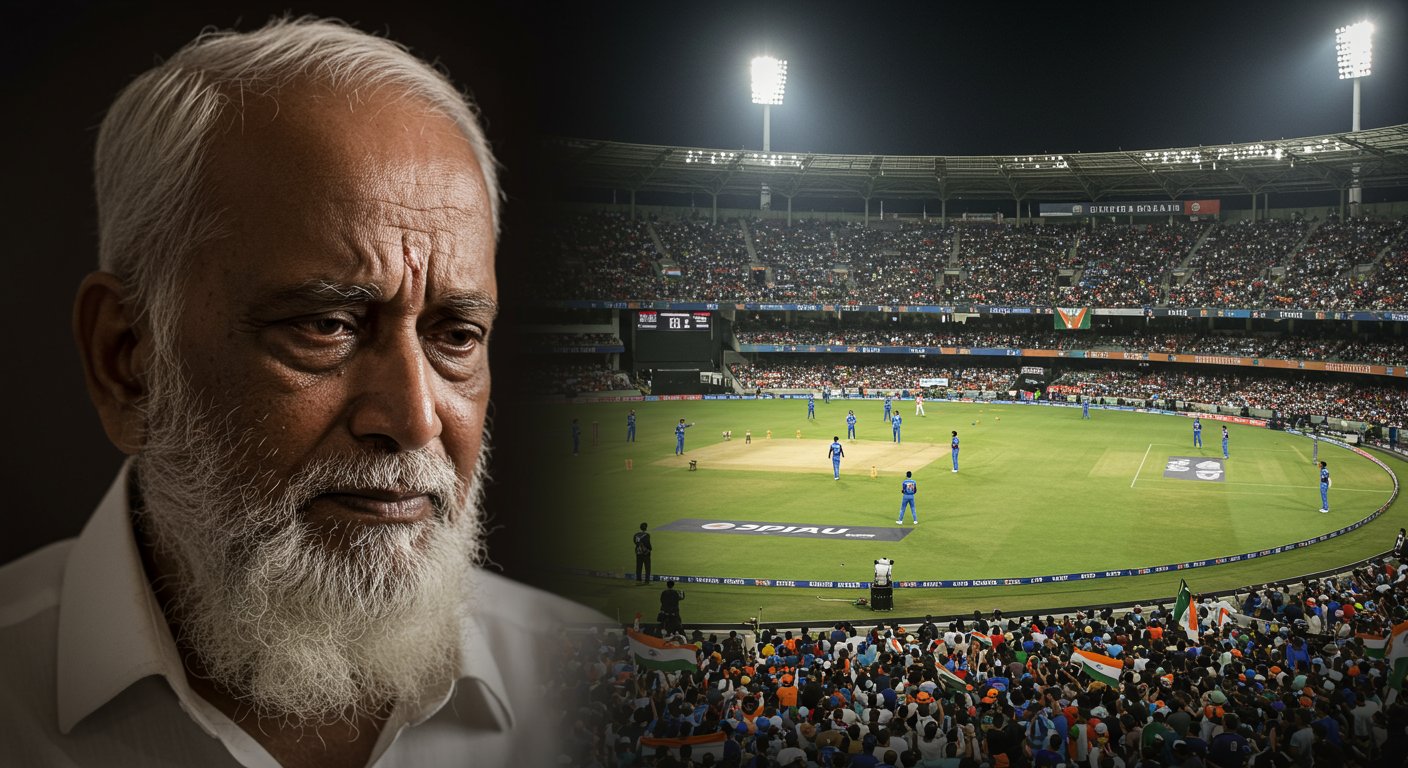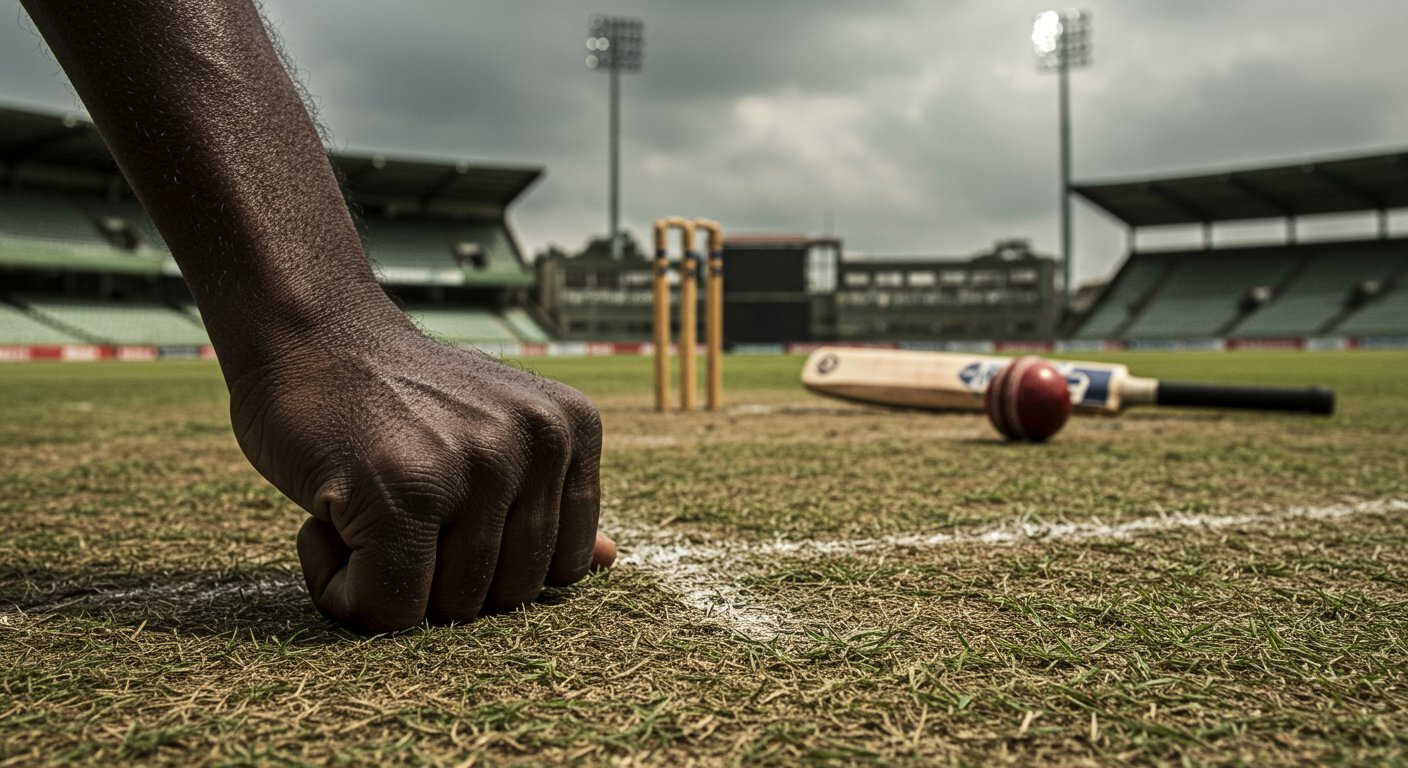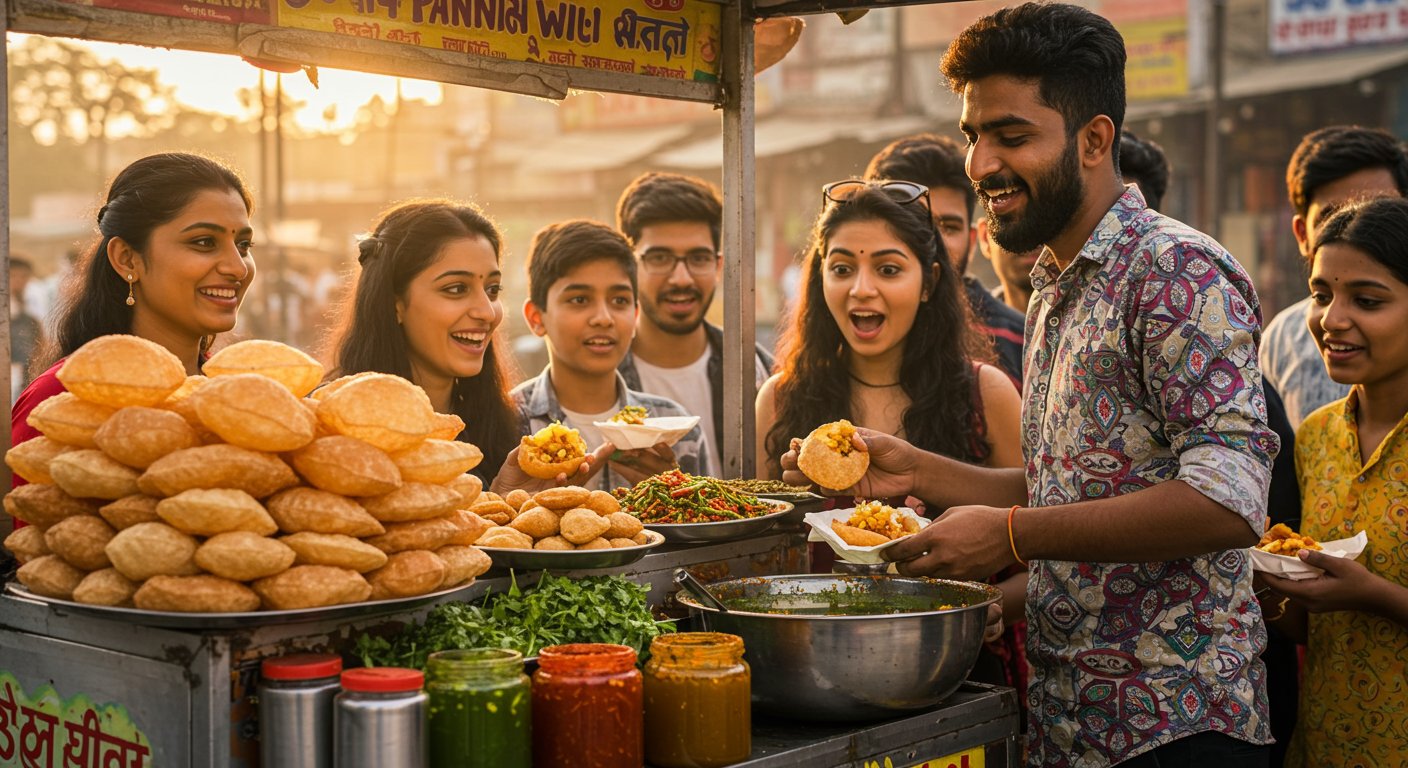Kerala’s ambitious plan to change its liquor system now faces big problems. Efforts to reform alcohol production and sales are currently stuck due to major issues with making new drinks and getting them to shops. This halt means the government’s hopes for more money from liquor sales are on hold. people still deal with long lines and limited choices when buying alcohol. The state aimed to fix a difficult system. a shortage of bottles and tough challenges in moving stock are stopping any real progress, leaving officials and drinkers across Kerala worried.
Understanding the Liquor System in Kerala
The system for making and selling liquor in Kerala is largely controlled by the state government. The Kerala State Beverages (Manufacturing & Marketing) Corporation Limited, often called BEVCO or KSBC, holds the sole power for buying, selling in bulk. selling to common people. This means BEVCO oversees all sales of Indian Made Foreign Liquor (IMFL), beer, wine. foreign-made liquor within Kerala. This system makes a lot of money for the state government. For instance, BEVCO’s income from liquor sales was reported to be around Rs 19,700 crore in the financial year 2024-25. This shows that liquor sales are a very vital part of the state’s income. Over the years, the state’s approach to liquor has changed. For example, in 2014, a past government tried to make the state “liquor-free” by closing many bars and limiting sales. But, this strict approach was later reversed in 2017 by another government, which allowed more hotels to sell liquor again. The rules that govern the liquor business in Kerala are quite old, with some dating back to 1968. these old rules are seen as a problem today.
Plans for Modernization Face Delays
The Kerala government has tried to update its liquor rules with a new policy for the year 2025-26. The main aim of this new policy is to help tourism grow, attract big business events. make hospitality services better. Some key changes proposed include allowing hotels with three stars and above to serve liquor on dry days for special events like weddings or big conferences. But, they would need to get a one-day permit and pay a fee. The policy also planned to allow liquor sales in industrial areas and IT zones. even on luxury cruise ships. There was also a push to encourage local making of beer, IMFL. drinks with less alcohol made from fruits. Another idea was to change how much toddy (a local drink from palm trees) can be tapped and sold. to promote “Kerala Toddy” more widely. Besides these, BEVCO itself put forward a plan to start online liquor sales and home delivery. The goal was to reduce the large crowds and long lines outside liquor shops and to earn more money. BEVCO even prepared a mobile app and talked about working with delivery companies. But, this proposal was not approved by the government.
Difficulties in Making Liquor
The liquor making sector in Kerala faces several problems, especially when it comes to producing enough supply. More than half of the state’s current liquor production capacity is not being used. This is because of strict rules and old regulations that limit how much can be made. Manufacturers say that the state-owned BEVCO (also known as KSBC) makes things difficult. Industry groups like the Confederation of Indian Alcoholic Beverage Companies (CIABC) and the Association of Distillers Brewers and Vintners of India (ADBVI) have complained that BEVCO unfairly sets the prices it pays to private manufacturers. They also claim that BEVCO gives better treatment to liquor brands made by government-owned companies, which puts private companies at a disadvantage. This includes issues like lower profit margins for private companies and delays in unloading their products at BEVCO’s storage places. These complaints show that the way liquor is bought from makers needs to be fairer. Changing old rules from as far back as 1968 could help attract more investments and boost the making of liquor for export. progress in these areas has been very slow.
Challenges in Selling Liquor
The way liquor is sold to people in Kerala also has many problems. Kerala has a very low number of liquor shops compared to other parts of the country. For every lakh (one hundred thousand) people, there are only 0. 8 liquor shops. In comparison, a nearby state like Tamil Nadu has about 4,700 liquor shops, while Kerala has only 283 BEVCO outlets. This small number of shops leads to many issues:
- Long Lines: There are always very long queues and crowded areas outside liquor shops.
- Poor Access: It is often hard for people, especially women and older citizens, to buy liquor easily.
- Bad Shop Conditions: Many of the shops are not well kept, lack air conditioning. have poor ventilation. Customers often report bad service.
- Limited Cold Drinks: There are not enough coolers, so it is hard to find cold beer.
These problems show that the current way of selling liquor is not good for customers. BEVCO has suggested modernizing its shops and introducing self-service counters. progress is slow. Despite these issues, BEVCO’s revenue continues to grow, showing high demand.
Different Views on the Changes
The efforts to change Kerala’s liquor sector have brought out various opinions from different groups.
The Kerala State Beverages Corporation (BEVCO) wants to introduce online liquor sales and home delivery to reduce crowds and increase revenue. BEVCO Managing Director Harshita Attaluri stated that this would ease congestion at physical stores and lead to significant growth in sales figures.
But, the government has repeatedly rejected this idea, mainly because of upcoming local and state elections, fearing public backlash and controversy. Hotel and tourism businesses, on the other hand, are happy with parts of the new policy, like allowing liquor service on dry days for special events and in IT parks. They believe these changes will boost tourism and help attract more big events to the state. Jose Pradeep, president of Kerala Travel Mart (KTM) Society, said these changes were a “timely intervention” to help Kerala’s tourism sector. But liquor manufacturers complain that BEVCO, as the main buyer, sets prices unfairly and favors government-owned brands, leading to over 50 percent of their production capacity sitting unused. Anti-liquor groups and religious leaders are strongly against making liquor more accessible, fearing it will lead to more alcohol problems in the state and harm families. They argue that making liquor available at home would make it too easy to get. some compared it to essential goods, saying, “even rice requires fingerprint authentication. alcohol could be delivered to your doorstep.” This mix of opinions shows the complex path ahead for liquor reforms in Kerala.
What Lies Ahead for Reforms
The path to modernizing Kerala’s liquor sector remains unclear, with several obstacles slowing down progress. A major challenge is the need to change many old laws and rules. The government has to amend at least five existing rules and the main Abkari Act to fully put the new liquor policy into effect. These changes are needed for things like allowing liquor on dry days for certain events, serving liquor on tourism cruises, selling toddy in hotels. easing financial burdens on distilleries. The process of making these legal changes is often slow, which delays the actual putting in place of new policies. For example, ideas like issuing special liquor licenses in IT parks, even after being proposed and drafted, have not been fully put into law. The government’s decision to not approve BEVCO’s online delivery plan, mainly because of political concerns and upcoming elections, highlights the careful approach taken towards reforms. This caution often means that needed changes are put on hold to avoid public arguments. While there are plans to build new brandy making units and promote local wine, the larger reforms meant to make the liquor system smoother and more modern face ongoing challenges from old rules, political pressures. strong differing public opinions. This situation means that while the state government sees the benefits of reforms, making them happen is a slow and difficult process.
![]()
